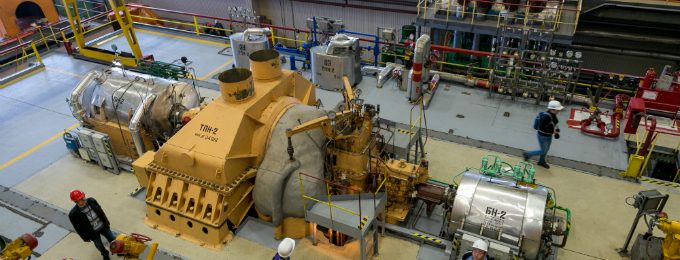Nuclear power is an essential part of the low carbon energy mix and in this piece for Policy@Manchester Professor Juan Matthews and Dr Neil Irvine explain why new approaches are needed to reduce its cost. Nuclear power needs to become cheaper, safer and more flexible. It needs to contribute to a wider usage of energy […]

